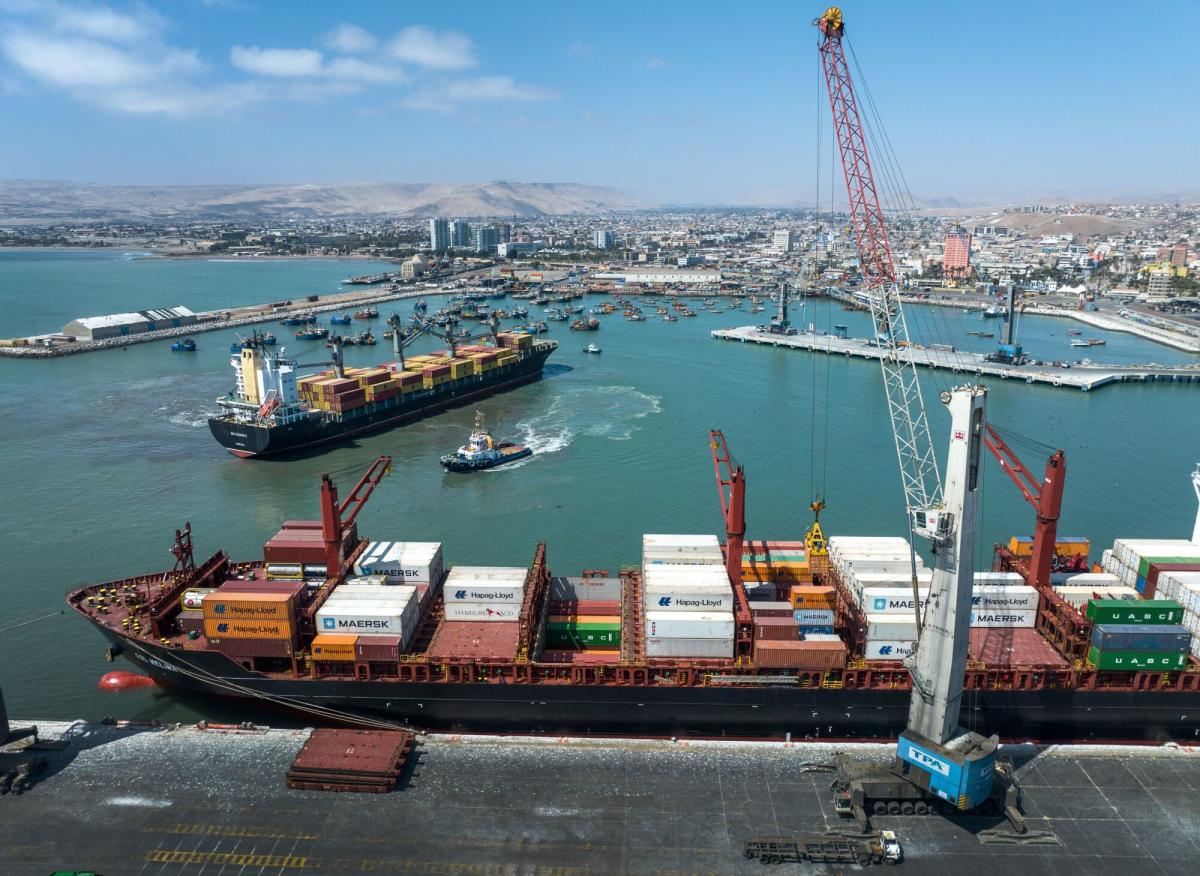

In addition to the ongoing protests in Panama and Chile, Pakistan is now facing its own wave of demonstrations as government employees stage a strike at the Karachi port. The strike, conducted by Pakistan Standard and Quality Control officers and employees, has caused a backlog in import and export traffic at the port. The employees started the walkout due to withheld bonuses and incentives, halting the port's typical activity. As a result, import and export containers have been building up without clearance, affecting the port's supply chain and companies that depend on prompt shipments [47cf272a].
The protests in Chile are also causing disruptions in the country's commodity exports. Port workers in Chile have staged demonstrations, demanding action from authorities regarding safety conditions and recent layoffs at coal-handling facilities. The planned 24-hour strike by members of the UPC and FTPC umbrella unions has already caused disruptions in the loading and unloading of ships, affecting Chile's exports of raw materials such as copper, lithium, pulp, and fruit [1782ff59].
Similarly, the protests in Panama continue to disrupt key industries and threaten the country's economy. The ongoing demonstrations in Panama highlight the growing discontent among workers and the general population, who are demanding better working conditions, transparency, and an end to corruption [1782ff59].
The impact of these protests on the economies of Panama, Chile, and Pakistan is significant. All three countries heavily rely on their natural resources and exports, particularly in the mining and port sectors. The disruptions caused by the protests can lead to financial losses and further exacerbate the economic crises already facing these nations. The resolution of these conflicts will require dialogue and cooperation between the government, workers, and other stakeholders to address the underlying issues and find sustainable solutions.
As Panama, Chile, and Pakistan continue to grapple with social unrest and economic challenges, the upcoming 2024 presidential election in Panama adds another layer of uncertainty to the situation. The disqualification of former President Ricardo Martinelli due to a money laundering conviction has led to a reshuffling of candidates, with José Raúl Mulino taking his place as the front-runner. The election takes place amid frustration with the political establishment and social upheaval, further complicating the path to stability and recovery for Panama [1782ff59].
The protests in Chile, Panama, and Pakistan, along with the political turmoil and economic crises, underscore the need for effective governance, transparency, and sustainable development in the region. The resolution of these issues will require a comprehensive approach that addresses the concerns of workers, protects the environment, and promotes inclusive growth. The outcomes of the protests and the upcoming elections will shape the future trajectory of Panama, Chile, and Pakistan, determining their ability to overcome the challenges and build a more prosperous and equitable society.